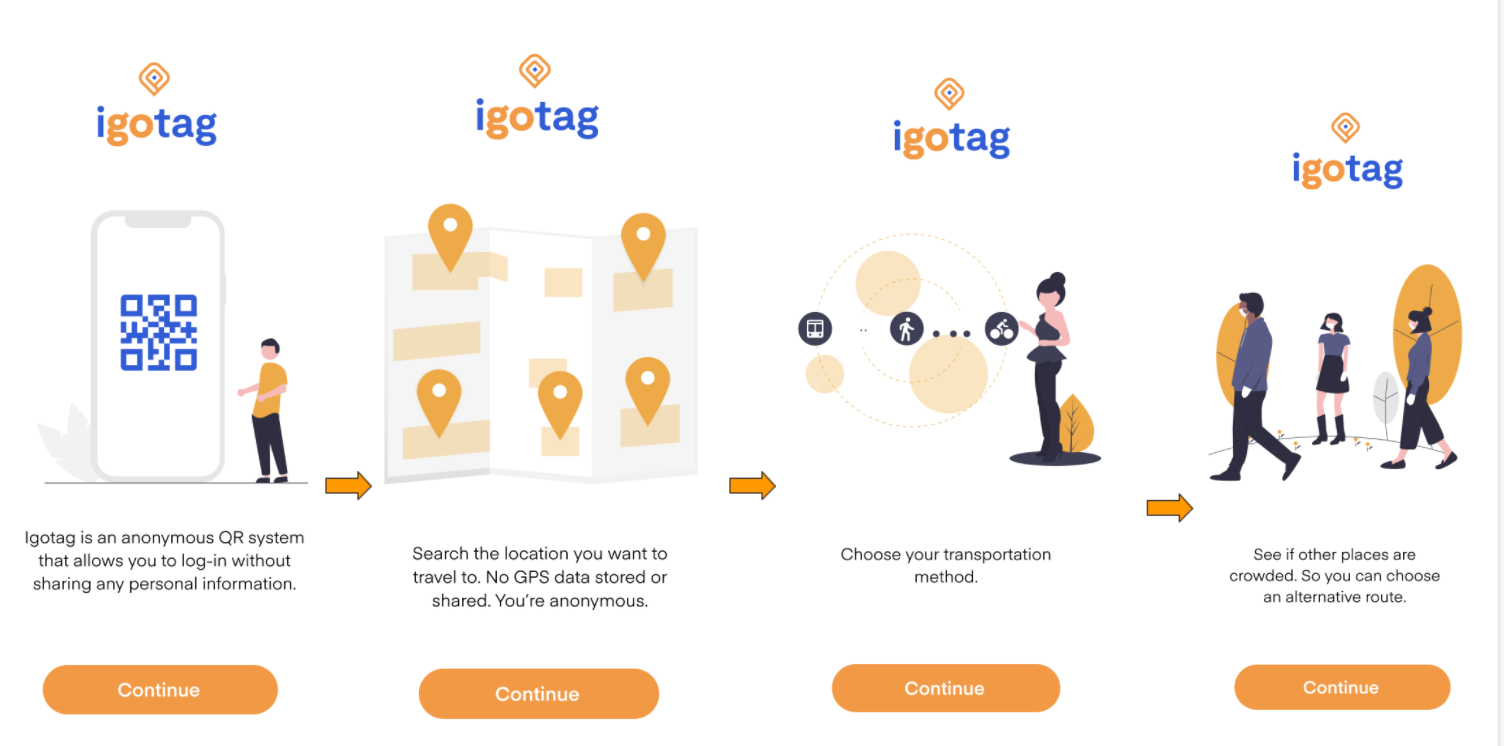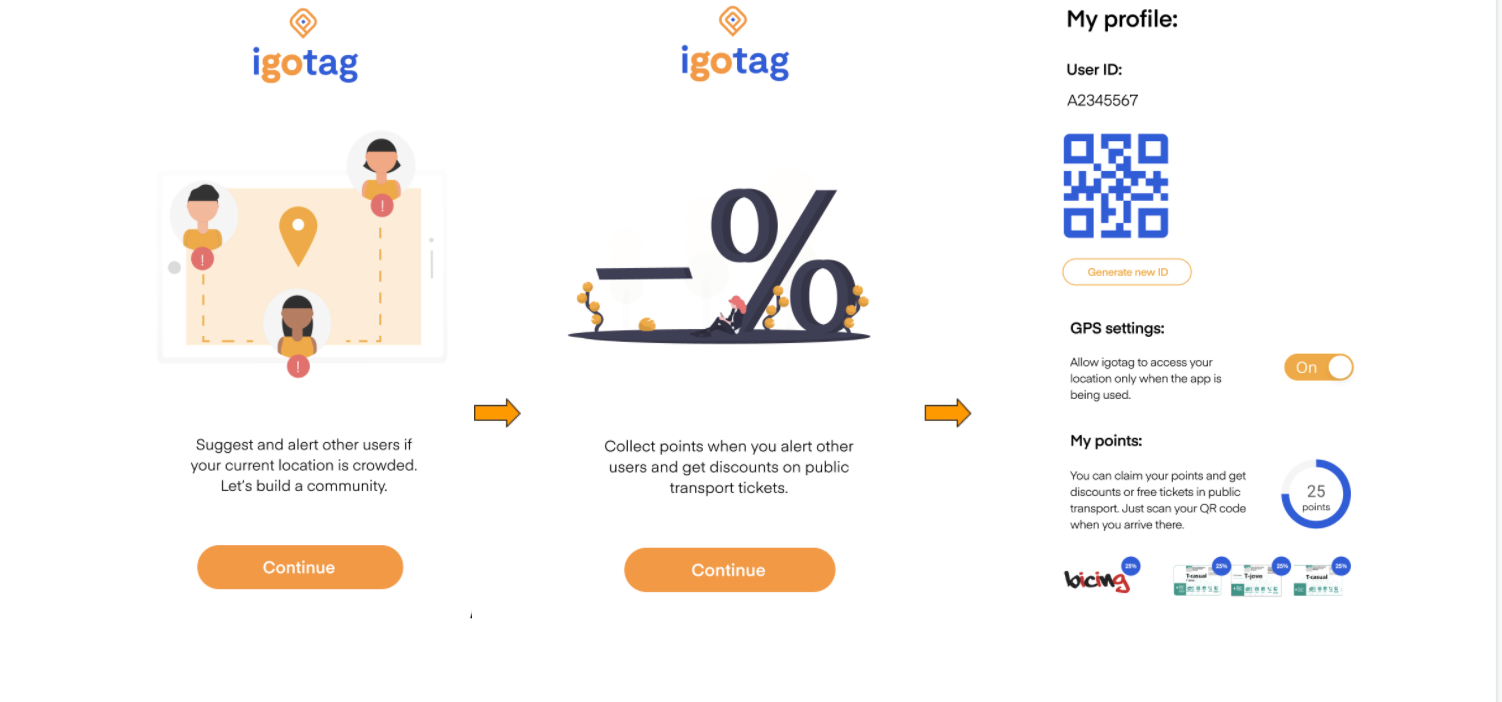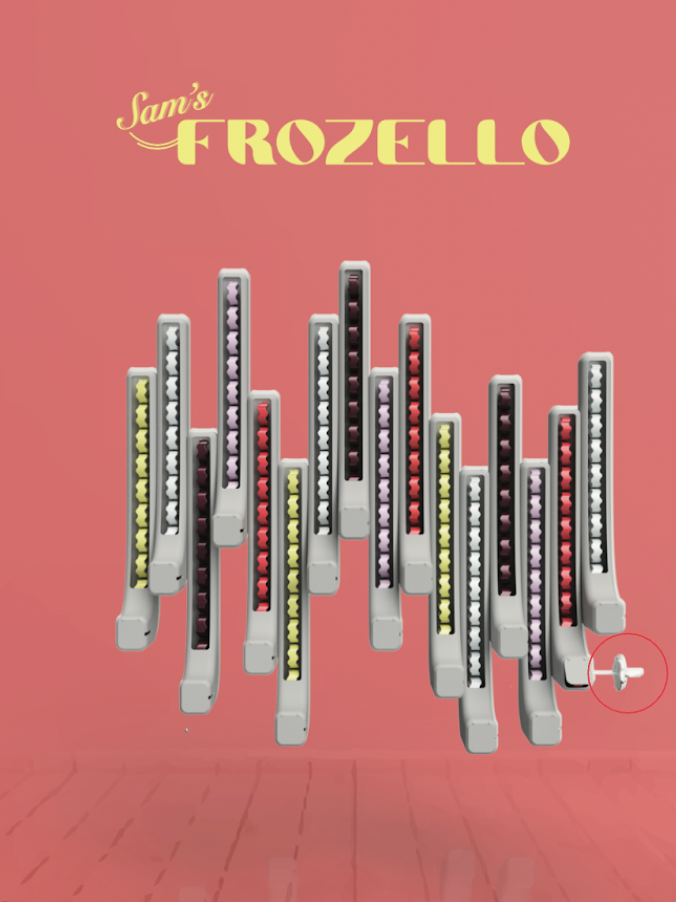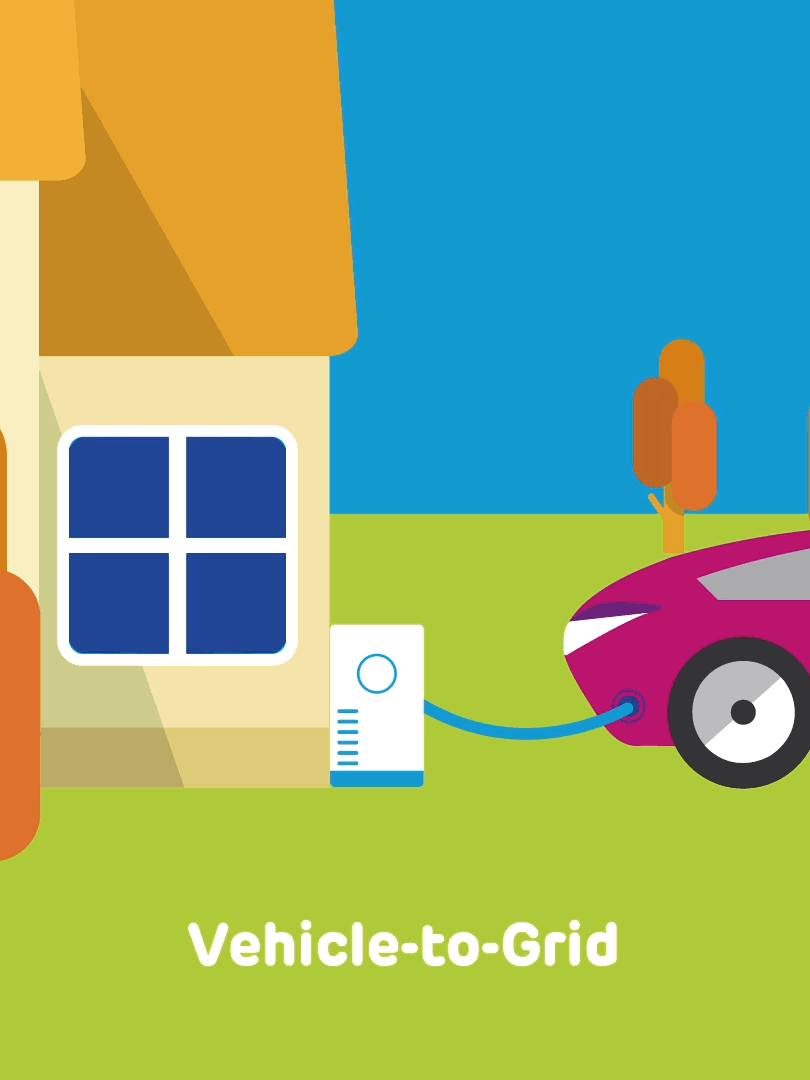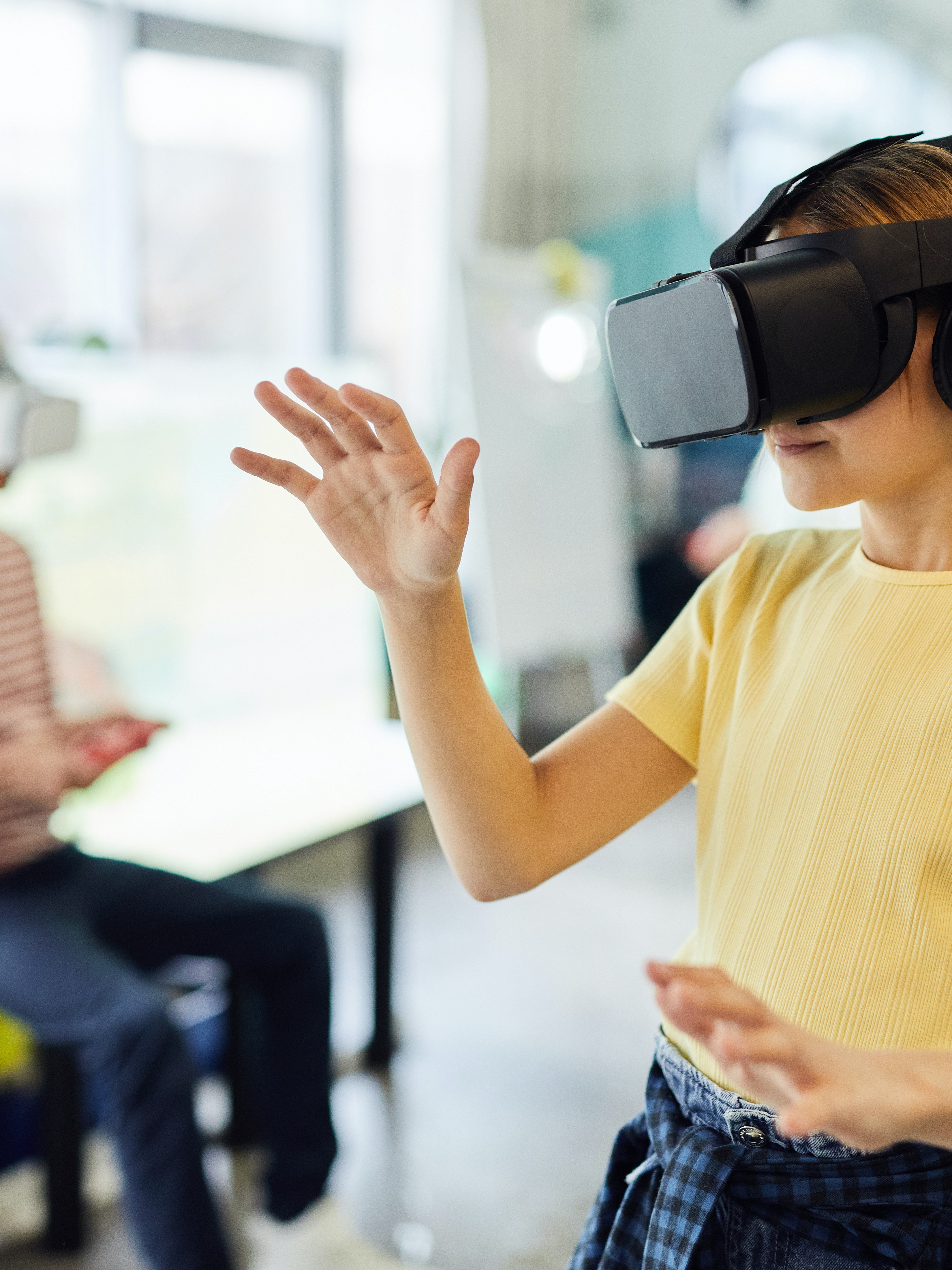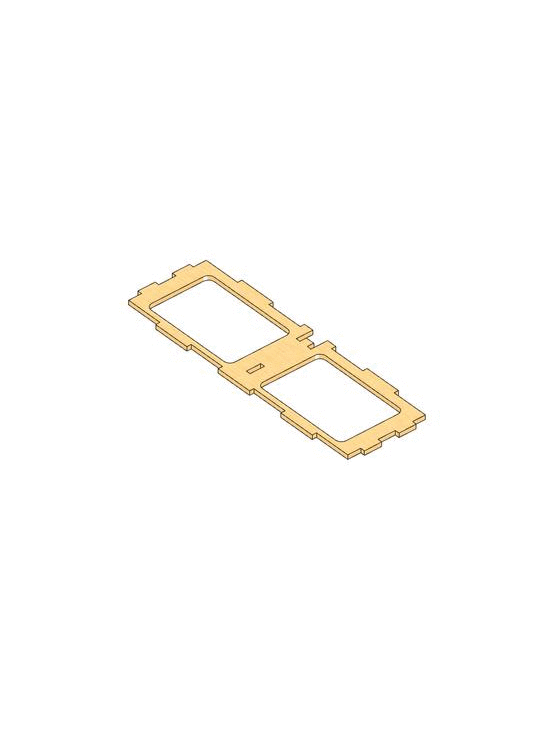This project was undertaken as part of a global urban innovation challenge hosted by EIT Urban Mobility at the height of the COVID-19 pandemic in June 2020. I collaborated with engineers and designers from Barcelona and Munich to build a working prototype of an application that leverages an API -first approach to enable city operators crowdsource data and improve public safety within urban mobility systems for critical workers who kept the economy functioning during the crisis.
Collaborators: Dheeraj Raja Kumar, Heriberto Muñoz Vegas, Silvia Giraldo
Users: City of Barcelona and City of Munich operators
Subject Matter Expert: Martin Vendel, Academy Director at EIT Urban Mobility; Urban mobility experts from across Barcelona and Munich city council
How might we RE-START our URBAN MOBILITY SYSTEMS without compromising our health, safety, and privacy?
At the height of the pandemic, as cities around the world grappled through the risk and return of their keeping citizens safe and opening up for business, there were strict lockdowns imposed. This measure not only impacted the mental health of citizens, but also wreaked havoc on small and medium-sized businesses, leaving them financially vulnerable. Additionally, as many services became digital, citizens across the globe were left concerned about the privacy of their data.
I remotely collaborated with a telecom engineer, a civil engineer from Barcelona's City Council, and UX designer to strategize an age-friendly anonymous identification system called "igotag". The igotag system allows citizens concerned about privacy issues to anonymously make time slot reservations across popular locations in the city through a mobile application on their smart devices. The application is supported through the use of sanitizable scannable alphanumeric identification stickers and quick response (QR) codes that allows the city to scale this affordable technology and manage crowds at beaches, public markets, cultural venues and more, while allowing city officials to crowdsource data to guide decision-making for efficient resource allocation in the social-distance economy.
The first iteration of the product focused on public spaces but the city council wanted to explore other touch points to deploy this system as quickly as possible. To gain deeper insights into the problem, we interviewed and gathered insights from 30+ city residents of Barcelona and Munich to learn about their concerns about using public transport during the pandemic and how their ability to do everyday tasks has been impacted.
Conducting remote research and user interviews
Ideating and conducting user research remotely in the midst of the pandemic was challenging but digital collaboration tools such as Miro came in handy to engage with participants who helped us narrow down our value proposition. After color-coding our conversations and developing service journey maps, a major missed opportunity came to surface: Many participants still used public transit to specifically reach public beaches and markets.
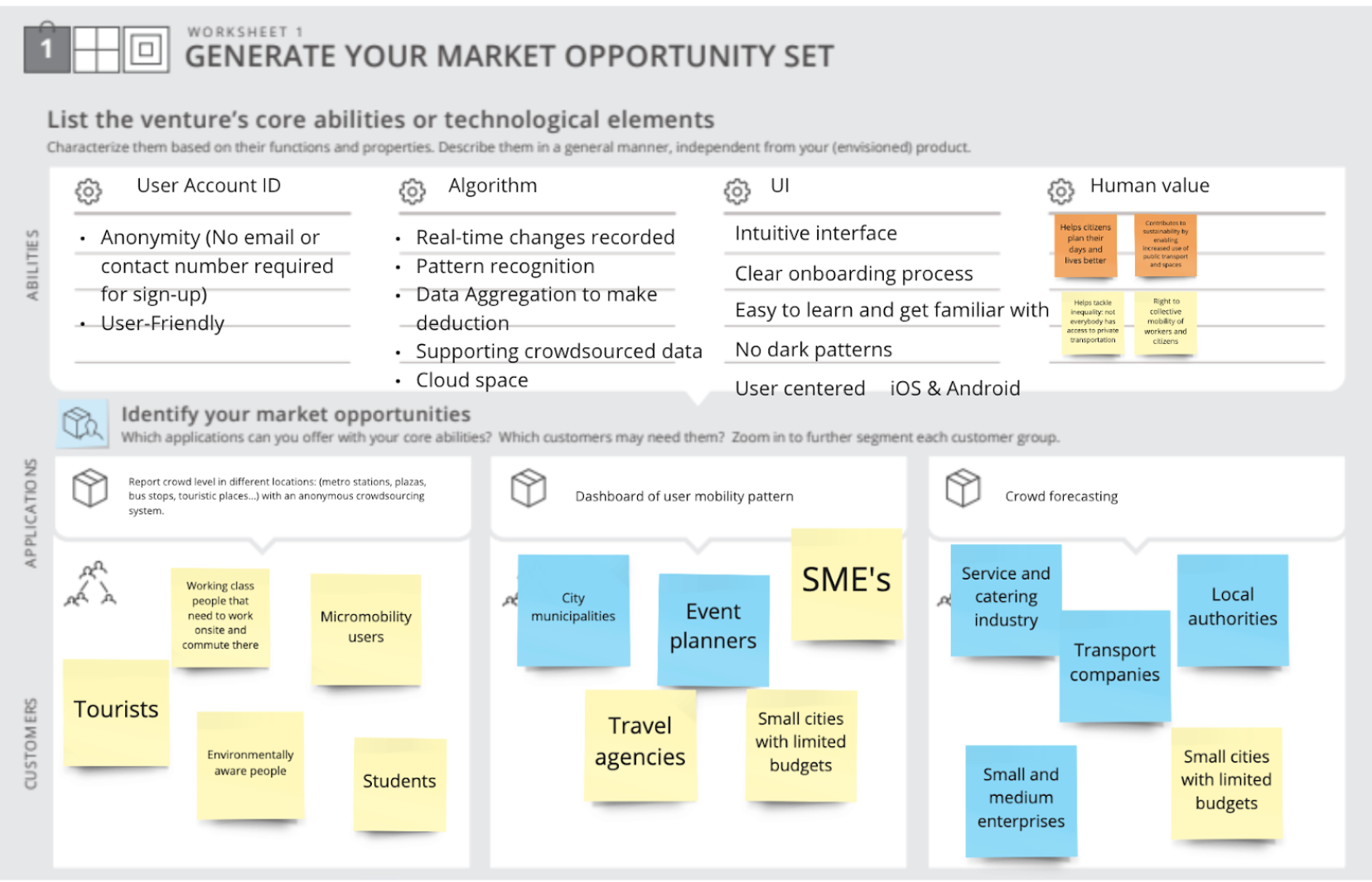
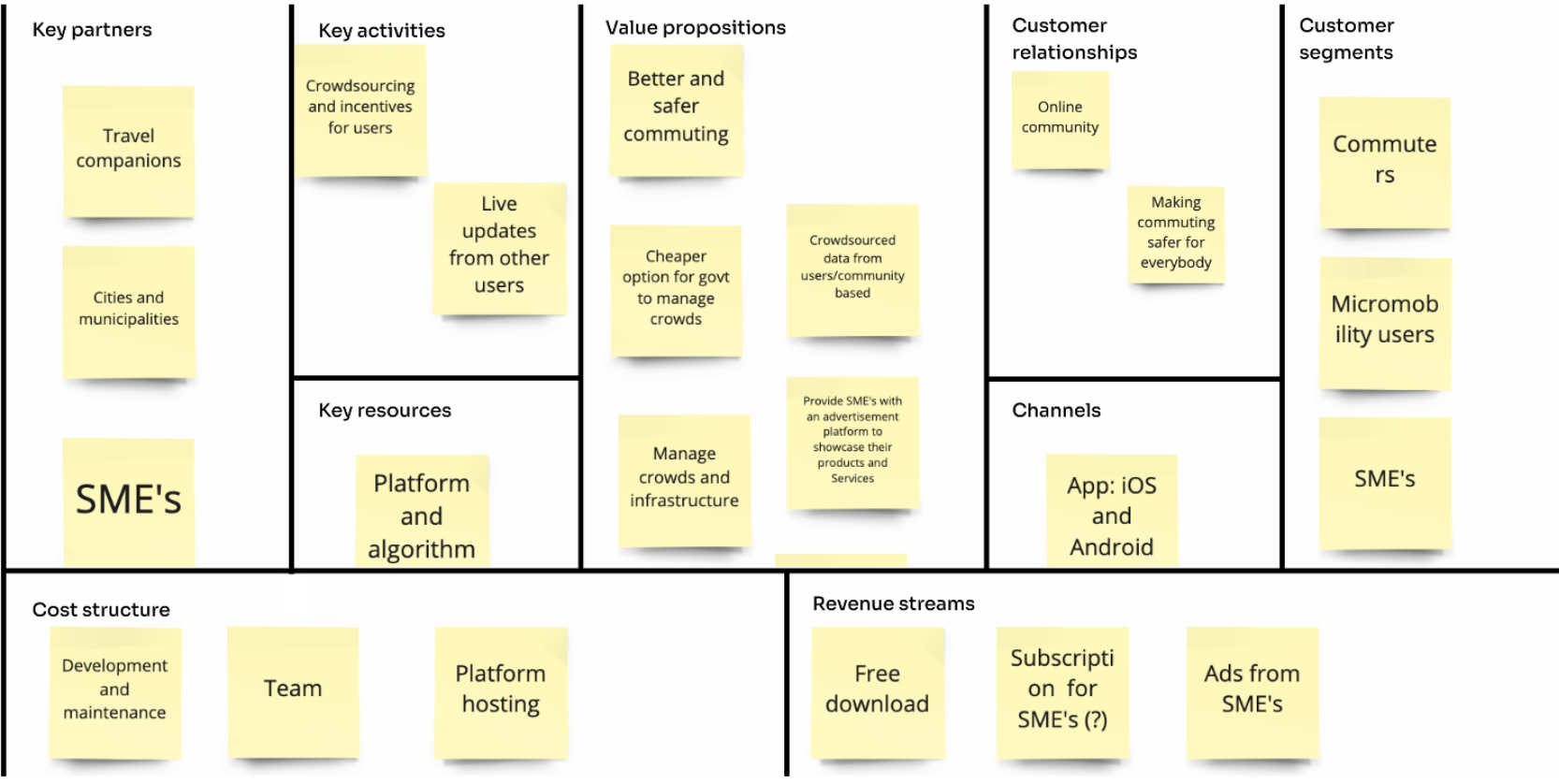
When users were introduced to the igotag system, we uncovered an interesting key insight about crowdsourcing data: Users found data crowdsourcing to be desirable direction but the lack of well-defined incentives was a barrier that discouraged citizens to actively share information and contribute to the system to improve public safety.
Building on that insight, we redesigned the igotag system to reward points to citizens for reporting crowd levels and safety concerns on public transit. The points could be redeemed for alternative sustainable and micro-mobility options in the city, such as electric scooters and bike sharing services.
